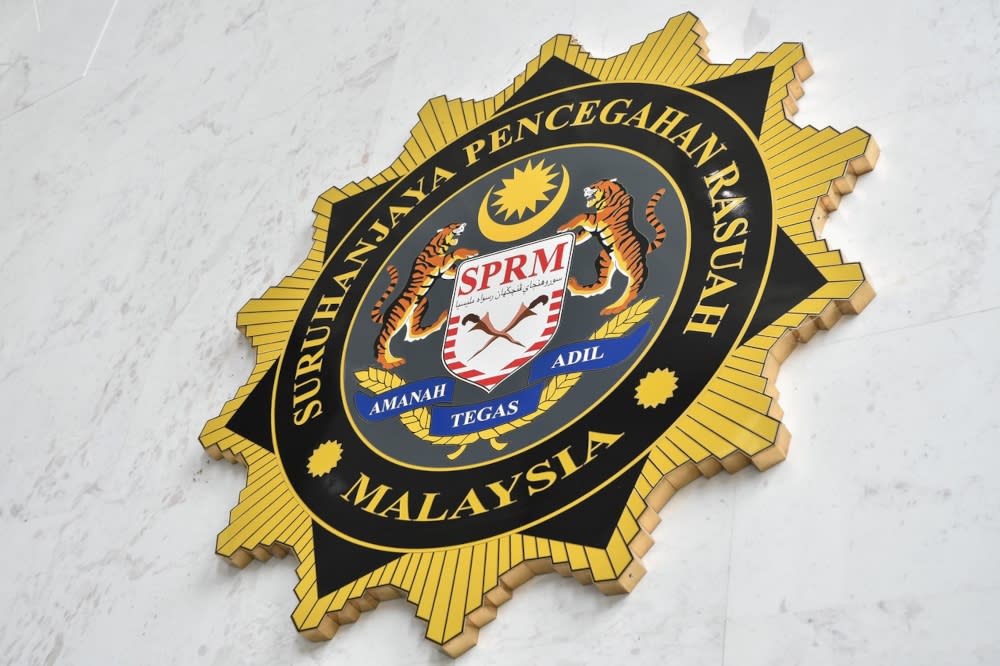Report: Corporate tycoon Halim Saad denies MACC questioned him over RM2.3b Renong-UEM deal

KUALA LUMPUR, May 25 — Malaysian corporate figure Tan Sri Halim Saad has denied that he was quizzed by the Malaysian Anti-Corruption Commission (MACC) over alleged embezzlement of RM2.3 billion pertaining to the purchase of a listed company’s shares by a Malaysian conglomerate about 26 years ago.
“MACC did not call me in for questioning on the issue as speculated in the media,” the 69-year-old businessman said in an exclusive interview with Free Malaysia Today (FMT).
It is understood that the allegation was on the purchase was for a 32.6 per cent stake or 722.9 million shares in Renong Bhd by United Engineers (M) Bhd (UEM) for RM2.3 billion in November 1997, in the midst of the Asian financial crisis.
Last Friday, it was widely reported that MACC was investigating a former senior minister and a businessman holding the title of “Tan Sri” over the alleged embezzlement of state funds.
The news portal reported that Halim, who is now involved in the oil and gas (O&G) industry overseas, condemned The Edge for linking him to the RM2.3 billion acquisition of shares.
Halim claimed that the coverage in the business weekly had fuelled unfounded speculation that has since gone viral on social media, and cast aspersions on him over his role in UEM’s purchase of the Renong shares.
He challenged the business paper to provide evidence for the innuendo that he may have committed wrongdoing in the matter.
The Edge on Monday, reported that a senior MACC source confirmed the transaction was for the purchase of shares in Renong Bhd by UEM for RM2.3 billion in November 1997.
The report implied that Halim, who then owned a 23 per cent stake in Renong and was its executive chairman then, was instrumental in the controversy.
The Edge also reproduced three of its previous articles on UEM’s Renong share acquisition from November 1997 as a background to the controversy.
In further clearing the air, Halim also refuted media claims that UEM’s acquisition of the shares was a “government bailout” of Renong.
He explained that UEM had purchased the Renong shares using its own resources and banking facilities.
“Since UEM used its own money, how can it be a (government) bailout? You can only call it a bailout if government funds were utilised to buy the shares,” he pointed out.
Halim noted that UEM acquired the Renong shares from the open market, at market price through six nominee companies.
“UEM did not buy the 32.6 per cent by way of private treaty. If it were so, it would be disclosed as a related party transaction (RPT),” he was quoted saying.
Halim added that subsequent investigations by the then Kuala Lumpur Stock Exchange and Securities Commission confirmed it was not an RPT.
In Malaysia, RPT is a transaction between the corporation and individuals or other corporations in which the directors of the company or substantial shareholder are connected. RPT is usually important in audit engagements because they are high-risk areas and require disclosure.
Halim also told FMT that the finance ministry had requested UEM to buy Renong’s shares to prevent the company and its assets, such as the North-South Expressway (NSE), from being controlled by foreign parties in the event of a hostile takeover.
The news portal noted that during that time, the finance minister and deputy prime minister was Datuk Seri Anwar Ibrahim, who is now the prime minister.
Halim defended UEM’s purchase of the shares and described that the purchase was done in the interest of the country.
He also disputed claims he personally benefited from the transaction, adding that the Renong shares that UEM acquired did not include any from his own stake.
“I had a 23 per cent stake in Renong, and this was never sold (to UEM),” he said.
Halim also highlighted that UEM shareholders had voted overwhelmingly to approve the acquisition of the Renong shares at an extraordinary general meeting in February 1998.
He said that the ultimate accountability is to shareholders and not the market.



